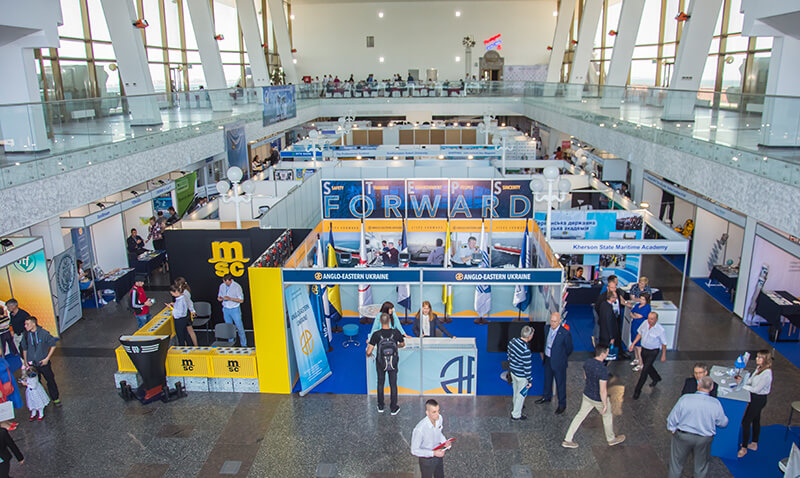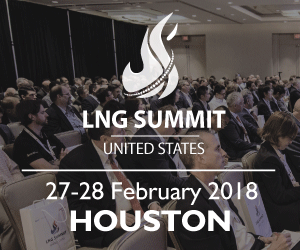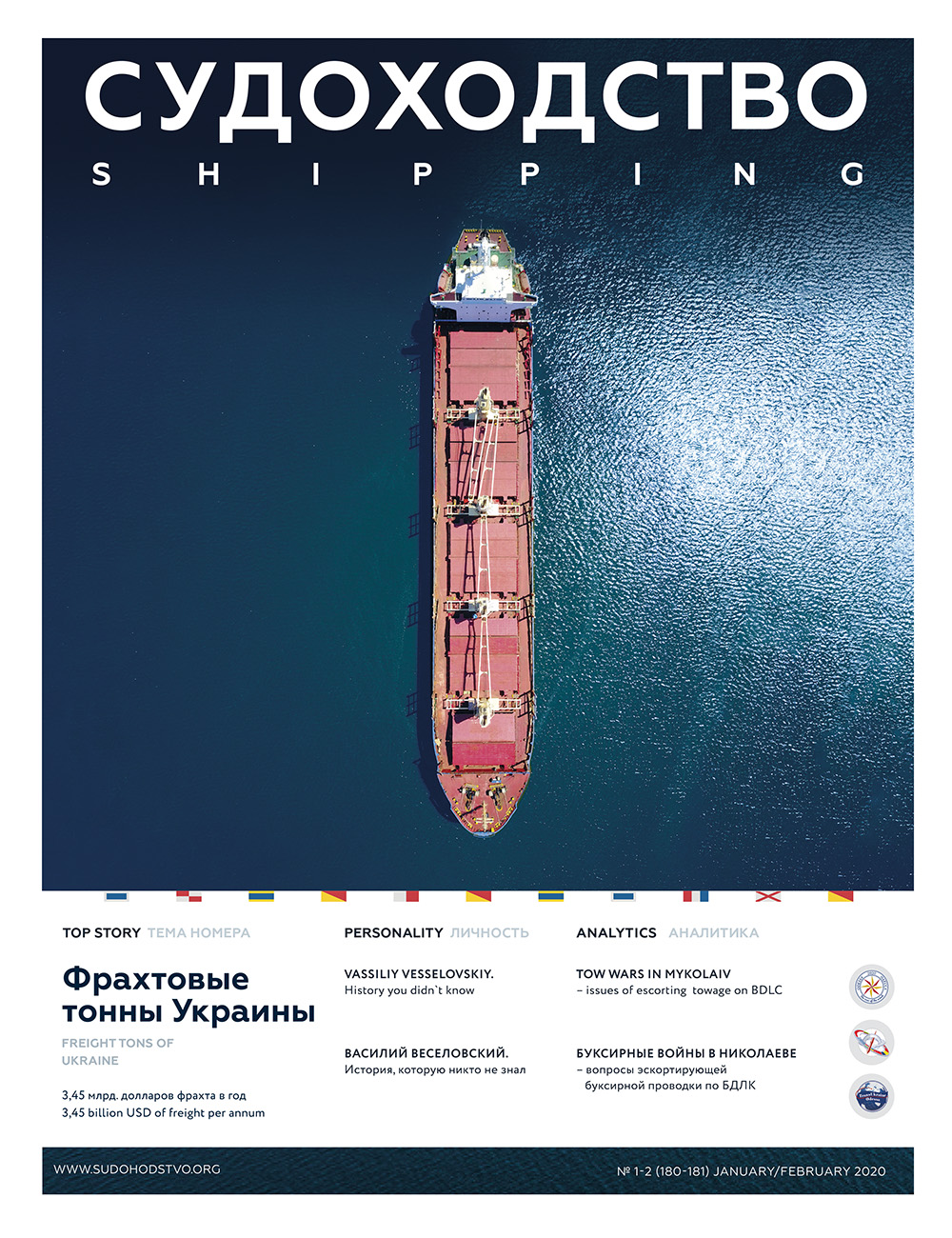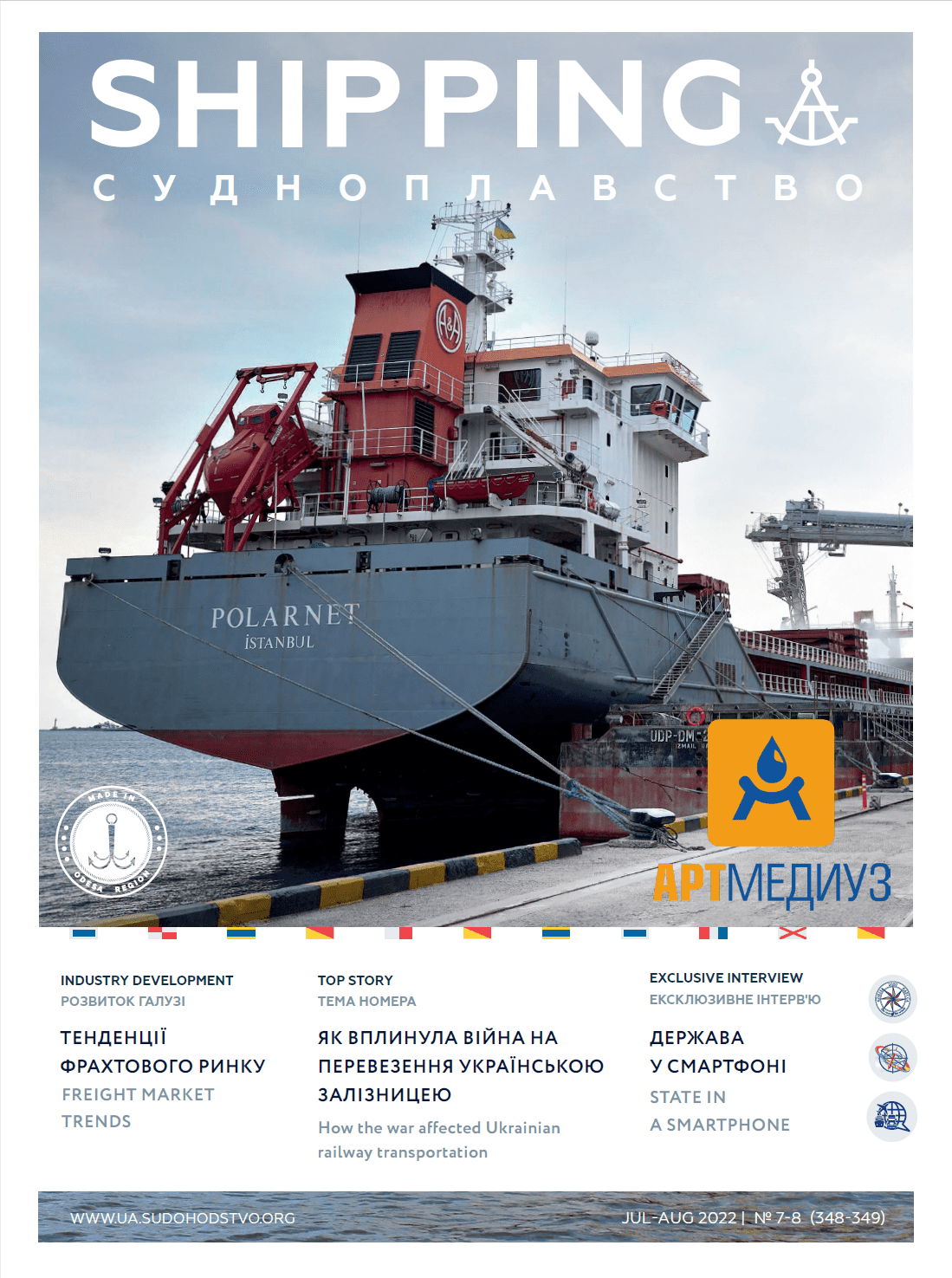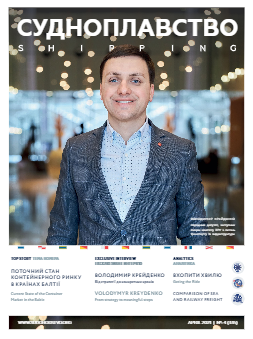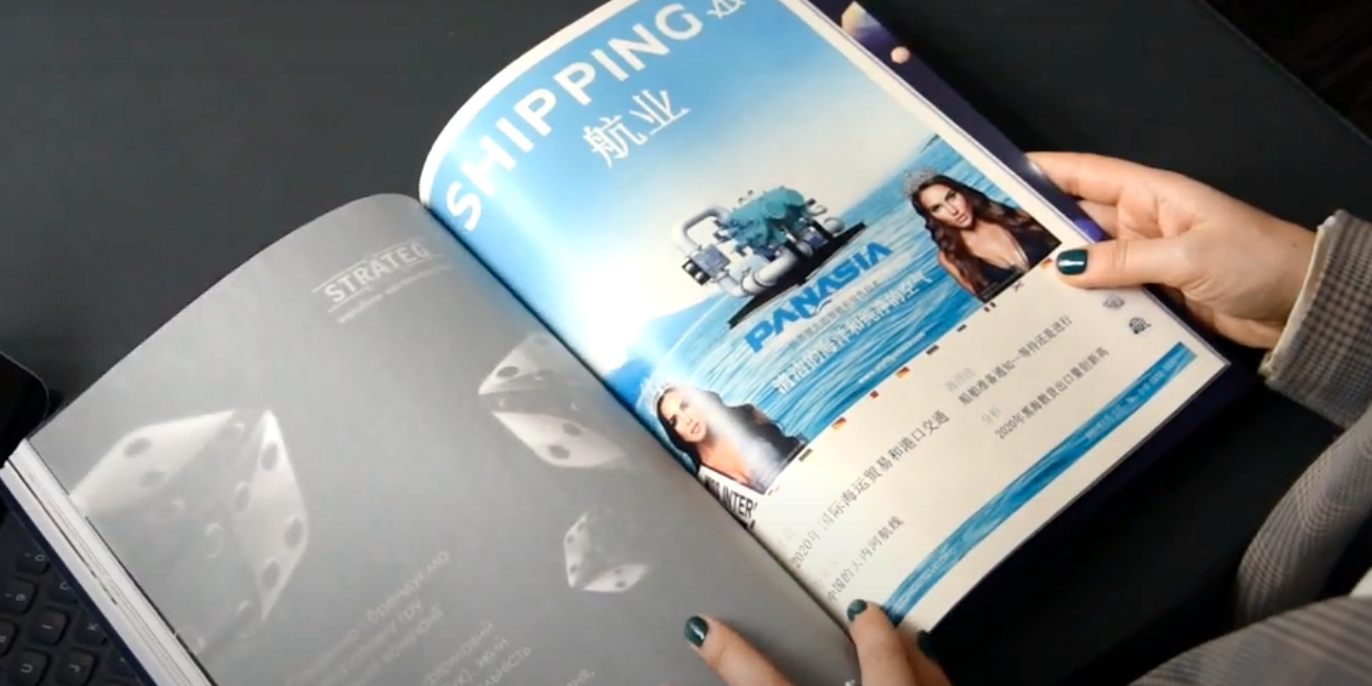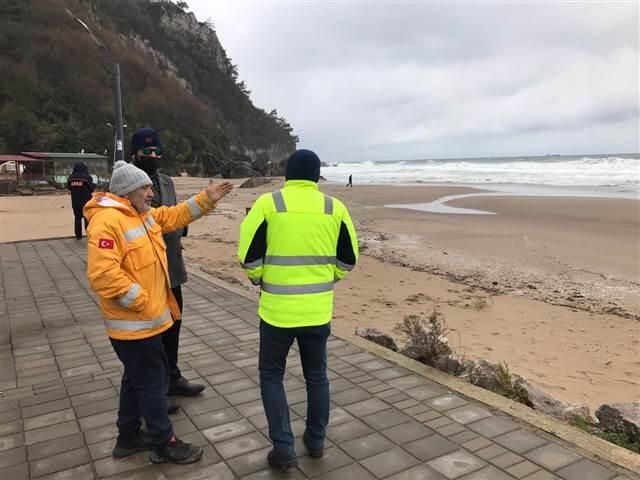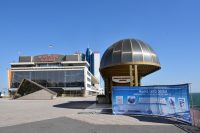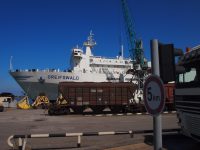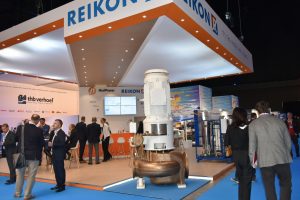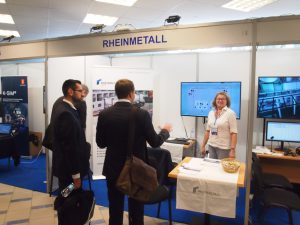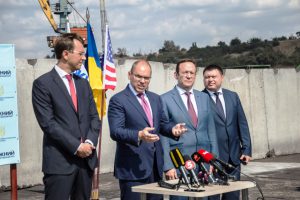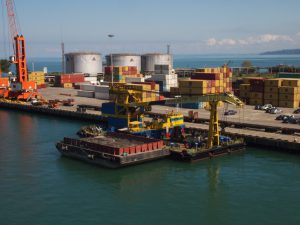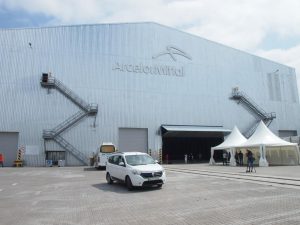«Implementation of strategy of maritime industry needs qualified personnel»
– YuriiVaskov
In June of this year, for the second time, the Cabinet of Ministers of Ukraine elected YuriiVaskov Deputy Minister of Infrastructure, former head of the Odesa Sea Port Authority, former head of the USPA. In this regard, our editorial office learned what reforms and changes in the country’s maritime sector will be adopted in the near future.
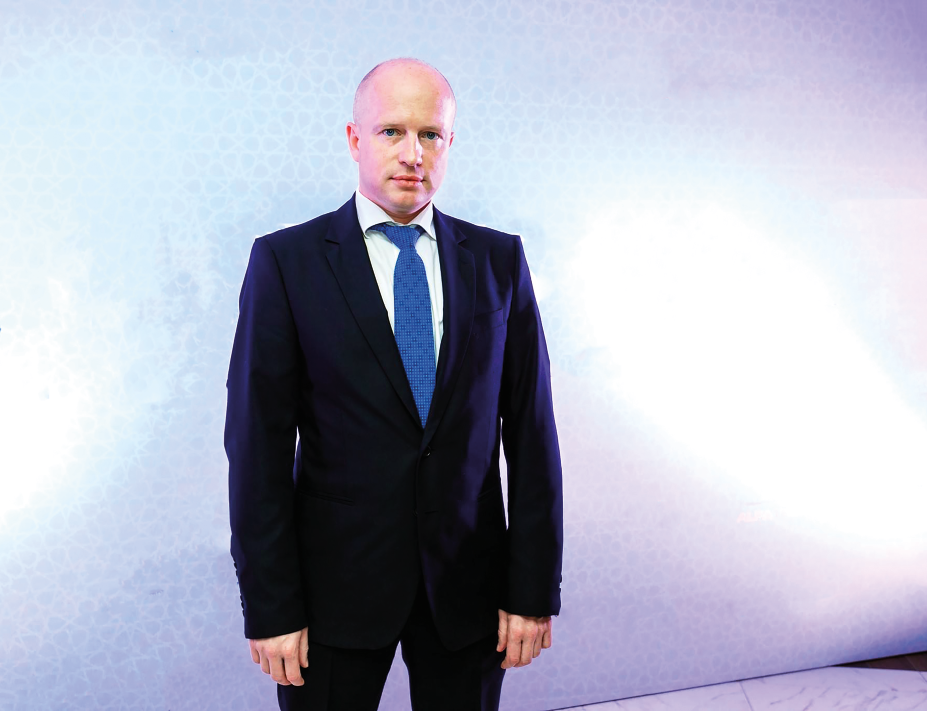
What is the strategy for the development of seaports in Ukraine? What is the project to upgrade port infrastructure, port fees?
The development strategy is as follows:
1. Continuation of the state’s withdrawal from economic activity by involving private operators, primarily in the form of stevedoring companies for stevedoring assets. The state should concentrate on the effective investment of port dues in strategic infrastructure, especially in the water area. Accordingly, it is necessary to create the necessary depths and develop other hydraulic structures, strategic property.
2. The state should pursue a deregulation policy as much as possible, in terms of facilitating private business to conduct business, invest in development, etc. Regarding the program of modernization of port infrastructure, I have already said in the first part that the function of the state should be reduced to the collection of targeted fees and their targeted use. This is something that has not been observed recently due to the extremely high illogical tax burden and dividend policy of the state on enterprises in the industry, especially — USPA.
Regarding the program of port fees, we have repeatedly said that it is necessary to reduce dividends to the minimum possible level of 30 percent, which we are now actively doing at the level of the Cabinet of Ministers. Secondly, to regulate at the level of laws that port fees are not included in gross revenues at all and are not subject to taxation as a result. That is, this is a targeted fee that should be invested in each relevant area — this is the maximum program, it is in line with world practice and conventions.
What tasks did the Minister of Infrastructure set for you? What do you plan to implement in the first place?
Tasks set by the Minister are:
• development and promotion of regulations aimed at facilitating business and more efficient development, operation of seaports and water transport industries in general;
• development and assistance in the adoption of a number of draft regulations aimed at implementing the law on inland water transport;
• implementation of deregulation policy in the field of water transport in seaports of inland waterways;
• ensuring the transparency of all enterprises and bodies that provide services in the industry, and which are faced by both the population of Ukraine and the port and transport business.
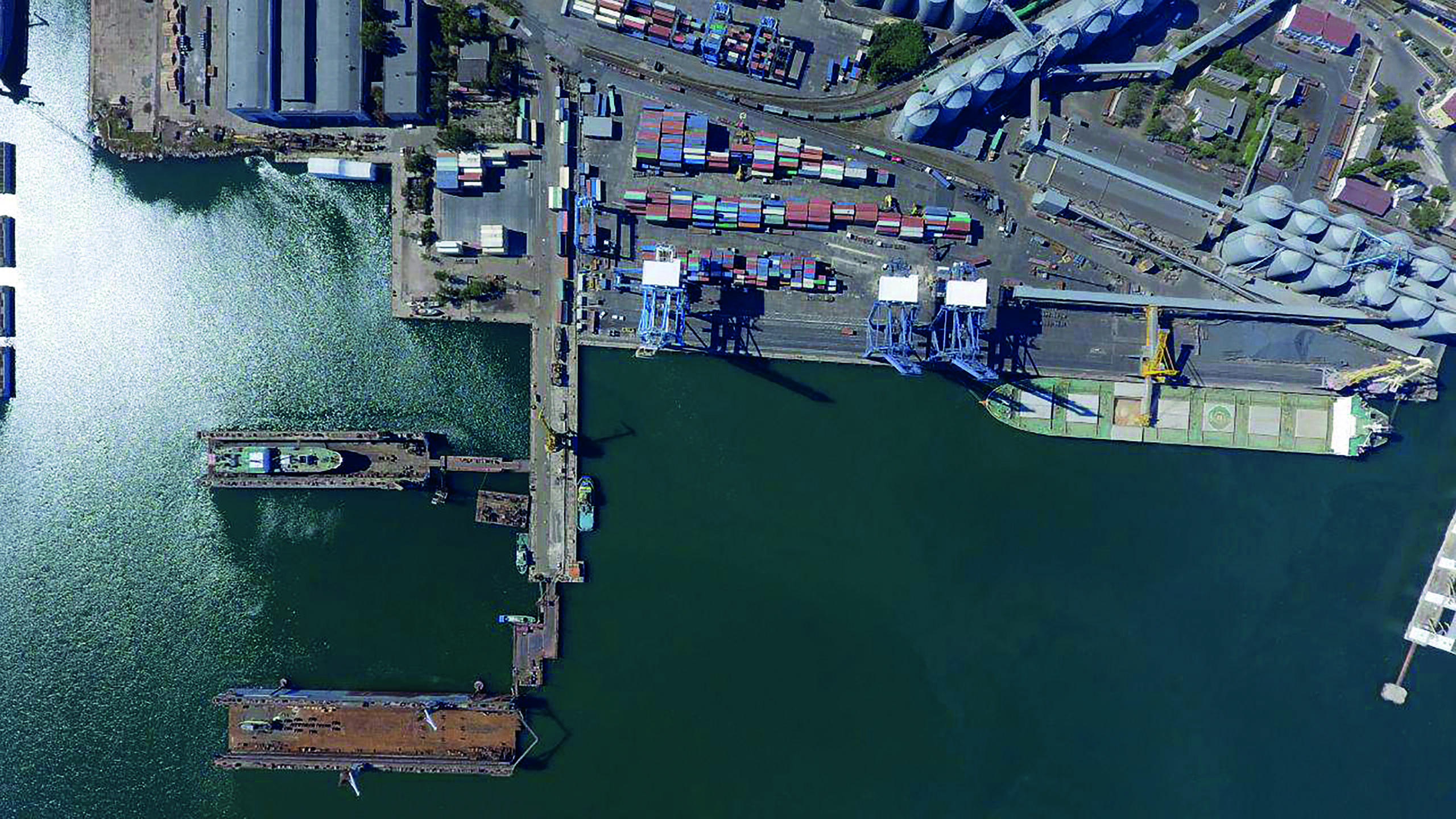
How do you assess the state of affairs in the maritime sector compared to the period of your first term? What obstacles and problems in the system hinder development?
The situation in the industry is worse than five years ago, when I worked in a similar position: worse in terms of qualifications of personnel in enterprises, not all, of course, but in large part; worse in terms of performance of state-owned enterprises; worse quality of attitude to business and investors.
What are the restraining factors now? This is primarily a shortage of qualified and decent staff. Because the reshuffle, which lasted for many years with the change of leaders, led to the fact that qualified people simply lost confidence in state-owned enterprises, state institutions or do not want to return to leadership positions in the industry. Therefore, this is the main problem today: there are no qualified and decent personnel at the field level. Whatever the strategies are, it is difficult to implement them and almost no one can cope with it.
How do you assess the work of USPA in our realities?
I assess the work of USPA in today’s realities as insufficiently effective. First of all, USPA is called to ensure the effective development of seaports and the appropriate attitude to the business, which is ready to invest and develop. For various reasons, this is not happening now, we hear a lot of complaints from business, and we’ve noticed a trend that in some issues USPA tried to become a kind of regulatory body, which did not facilitate, but hindered development.
The problem does not stand in USPA executives. First of all, these problems are related to external factors: frequent changes of leaders, changes in policy, and some external interventions. But there is a hope and it can be fixed. I hope that in the nearest future the port business will face a different attitude and give a different assessment to USPA.
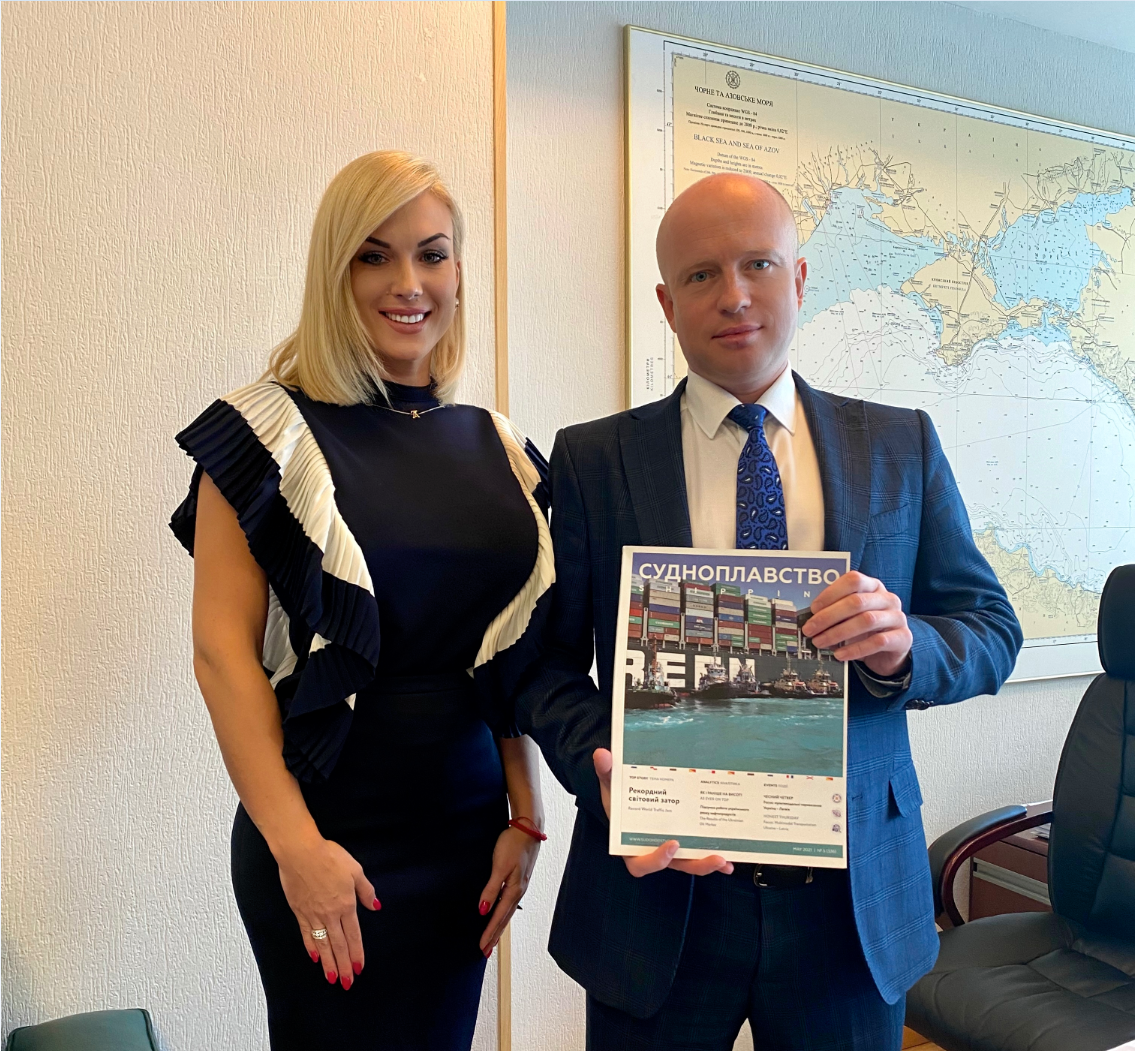
What? In your opinion, is most effective way to combat the corruption?
First of all, the most effective way to fight corruption is not to fight its consequences, but to eliminate the preconditions. It can be achieved by means of maximum deregulation and simplification of the functioning of enterprises of all forms of ownership in the industry, minimize the need for contacts with officials, control procedures, etc.
Secondly, the maximum introduction of IT solutions in interaction between business and government should be implemented. And accordingly, if we are talking about property issues, it is the maximum use of public electronic platforms.
What is the situation with state stevedoring companies? Could you explain the procedures and time terms to bring state-owned companies to a competitive level?
The strategy for the state stevedoring companies is to find strategic investors and operators which, by leasing, concession, privatization, or other types of public-private partnerships, will take over these assets, and thus save jobs and increase transshipment through the port. This is the strategy for public stevedoring companies.
Who are the main strategic investors in port infrastructure?
Talking about stevedoring activities and strategic investors, I think about two categories of entitites: either companies that have their own cargo base, or companies that have experience in attracting cargo flows, preferably international.
Interview conducted by Мarina Samsonova

